Whether you run a bakery or a building firm, the right equipment is key to getting the job done.
That can include capital equipment like ovens, diggers, or computers, all of which can make your business more efficient, help you grow, and keep your customers happy.
But let’s be honest — these things can cost a fair bit.
So we have put this guide together to help you understand the process about how your finance new equipment, and what you need to know ahead of time.
Find out if Business Equipment Finance is right for you
At Business Finance, we make equipment finance simple and stress-free. No more worrying about finding the right ideal — we do all the hard work for you. Our team is here to secure the best finance option that suits your business needs.
Want to know how much you could borrow and what your monthly repayments might be?
No problem. Get in touch with our friendly team today, and we’ll be happy to help.
What Are The Challenges of Upfront Equipment Purchases?
As you will know, if you decide to buy new equipment for your business outright, this will mean that you will face a big capital cost all in one go.
This, in turn, can strain your cash flow significantly, especially for small businesses, which is even more true for those with bad credit, as this can make obtaining traditional funding a bit challenging as well.
Consequently, that’s where equipment financing comes in handy, because using finance solutions here to spread the cost of your new kit really will help you manage your cash flow better, remain competitive, and protect your working capital all at the same time.
So, let’s explore how equipment finance companies offer you different funding solutions here to help align more with your needs.
What is Equipment Financing
Equipment financing is when you borrow money or enter an agreement to use new or used equipment without paying for it all upfront. It’s especially perfect for those who want to keep things moving while keeping your bank balance healthy.

Benefits of Equipment Financing
- ✅ Helps with your cash flow management
- ✅ Access to the latest tech without the big upfront cost
- ✅ Possible tax advantages depending on the option
Where Can Equipment Financing Be More Beneficial?
There are loads of situations where equipment financing really shines. For example, if you’re running a business that relies on pricey gear — like farming, construction, manufacturing, or even catering — this type of finance can make life much easier.
For example, let’s say you need a new delivery van or a piece of capital equipment like a commercial oven or a forklift.
Buying it outright might drain your savings or limit your ability to invest in other areas of your business. As a result, with the right finance package in place here instead, you can spread the cost over time, helping with your cash flow management and keeping things ticking along nicely at the same time.
This is especially handy if you want to keep your equipment up to date as well, because ising a finance lease or an operating lease here, will mean you can upgrade more easily without being stuck with outdated machinery as you do so.
This is great for tech-heavy businesses or industries where regulations change often.
And if your credit score isn’t perfect, don’t worry — some equipment finance companies can also offer you funding solutions even for those with bad credit as well, with good interest rates.
In short, if your business really relies on tools or vehicles to run, and you want to protect your working capital while still growing, equipment financing could be right for you.
Key Equipment Financing Options
For your options here, you have several to choose from, including for instance:

Hire Purchase (HP)
Hire purchase lets you pay for equipment in instalments, and you can use it from day one – then once you’ve made all the payments, it’s yours.
Structure and Payment Terms
These usually include a deposit, fixed monthly payments, and sometimes a final lump sum depending on the exact finance agreement you take out here.
Ownership Implications
You don’t own it until the last payment is made.
Pros and Cons
- ✔ Predictable payments
- ✔ Own the kit in the end
- ✘ Usually listed as an asset on your books
Operating Lease
You should think of an operating lease more as a short-term finance agreement. Here you lease the item for a set time without taking on the loan value.
Benefits
These are really ideal for equipment that becomes outdated quickly, and it’s often off your balance sheet.
Ideal Use Cases
As a result, you would tend to consider this if you are after tech equipment, vehicles, or seasonal machinery that may become obsolete quickly.
Business Equipment Loans
Here, depending on your circumstances, you may also want to consider classic business loans where you borrow a lump sum to buy what you need as well.
Secured vs. Unsecured
These types of loans can also include both secured loans, which allow you to use equipment you own as collateral, as well as Unsecured loans, where you do not use your equipment but may have higher interest rates due to a higher perceived lending risk as a result.
Eligibility Criteria
Your credit score will also really matter here. The better it is, the more likely you’ll get a good finance package on the whole for instance.
Finance Lease
A finance lease then lets you use the equipment while you pay rent for it.
Here, the finance company owns the equipment, and you might have an option to buy or upgrade it at the end, depending on the agreement you take out as well.
Responsibilities
You’re responsible for business insurance and maintenance of the equipment while you use it.
End-of-Term Options
At the end of the lease, this can vary by either needing to extend the lease, buy it outright, start a fresh lease, or return the equipment you have leased.
Asset Refinance
If you already own equipment, you may want to consider asset finance instead, as this allows you to unlock its value by borrowing against the equipment you already own. It is a handy way to raise cash as a result.
Benefits
These can improve your liquidity without you needing to take on new debt to do so.
Risks
Please note: If you can’t repay, you could lose the asset you have put up for collateral here.
What Are the Steps Needed for You to Get Equipment Financing?
When it comes to sorting out your equipment financing, this might sound a bit daunting at first, but don’t worry — it’s really just about getting organised and knowing what to expect.
For example, this can tend to be around:
Get Your Paperwork Ready
When you speak to a business credit broker like us, who will search a very large pool of finance options from some of the leading finance companies, we will help you understand your options. Then, when you know what option is right for you, we will help you understand what documents you will need.
For example, this usually includes your recent accounts, cash flow forecasts, and any details about the capital equipment you want to finance. If you’re a relatively new business, a solid business plan can also really help, especially if your credit score isn’t the best.
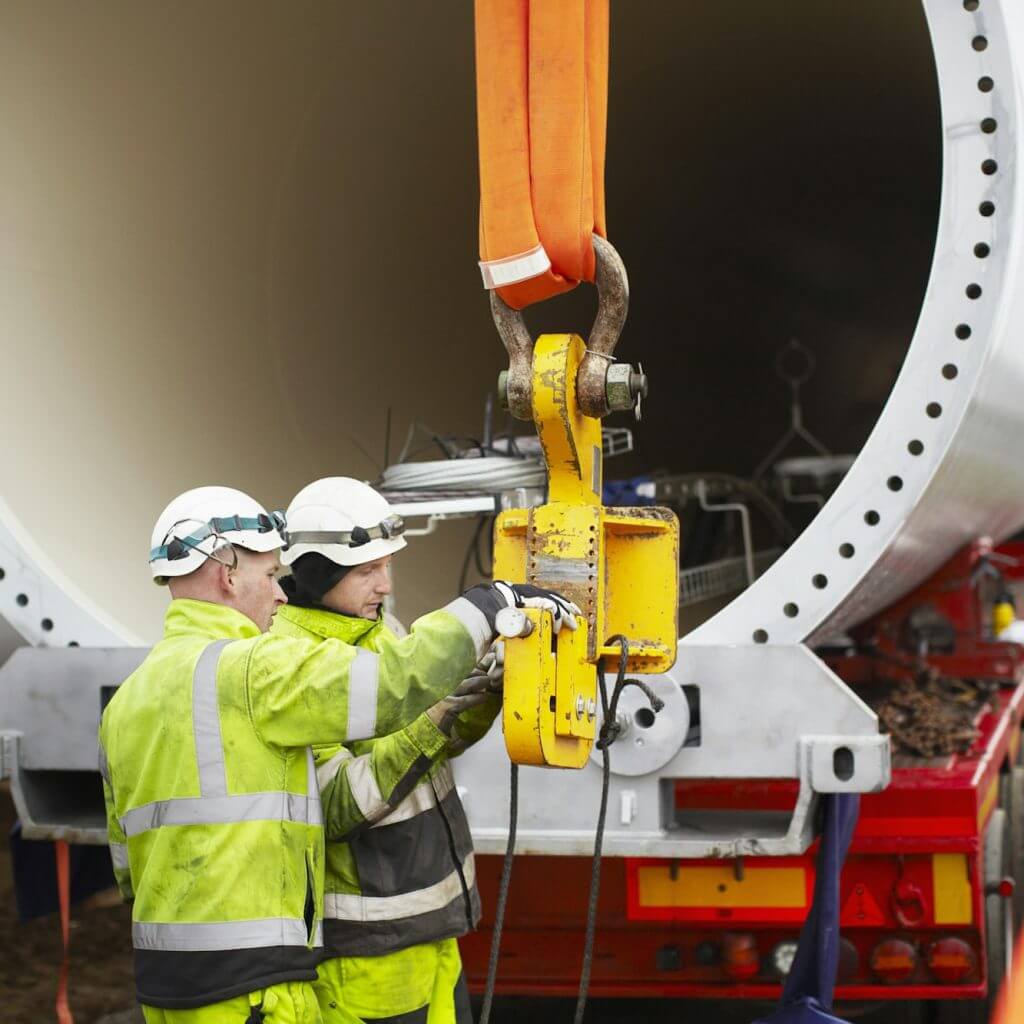

Understand the Terms of the Finance Agreements
Once you are happy with the finance options available to you, and that you have got a good deal in front of you, you now want to take time to read the small print.
Whether it’s a hire purchase, finance lease, or loan, you need to make sure you understand your obligations — like how long the agreement runs for, what happens at the end of it, and how much you’ll be paying in total.
If you’re still unsure, it’s worth getting advice from an accountant or financial advisor as well here.
Check Your Compliance and Sign the Agreement
Some finance agreements will also require you to have proper business insurance, especially with a lease agreement, in place.
You’ll also need to make sure you’re complying with any industry rules as well as with the equipment’s use. Then once everything’s in place and you’re happy with the deal, you can sign the papers, and the funds are normally in your
And that’s it — you’re ready to get your hands on the equipment you need without shelling out all that money upfront to do so.
Whether it’s a loan or a lease, equipment finance work, we can really help move your business forward without breaking the bank.
Do You Qualify for Equipment Finance? Here's What Lenders Look For
So, by this point, you may be wondering if your business is eligible for equipment finance.
Well, you are not alone, and it’s a common question we get asked.
While different finance companies may have slightly different rules, most lenders look at a few key things when deciding whether to approve your application.
For example, here’s what they usually consider, so you can get a clear idea of where you stand.
Business Credit Score
Just like with personal finance, your business has a credit score too.
Here, lenders check this to see how reliably you’ve repaid money in the past. As a result, a good score can help you get better interest rates, while a lower score might mean stricter terms, or possibly a rejection.
If your score’s not great, though, don’t panic — as some lenders can still offer options for businesses with bad credit, but you might need to provide extra reassurance.
Turnover and Profitability
Lenders also want to know that you’re bringing in enough money to comfortably manage the repayments.
As a result, they’ll often look at your annual turnover, net profit, and sometimes even your monthly cash flow.
So, if your figures are strong, great — it just makes approval easier.
If your margins are tighter, though, you might need to explain how the new equipment will help improve your income.
Business Insurance
You may also need to show that the equipment will be insured.
This protects both you and the lender in case of damage or loss, especially with larger pieces of capital equipment.
Please note: Here, some finance agreements may even require specific cover types, so it’s worth checking in advance.
Trading History
Most lenders also like to see that you’ve been up and running for a little while.
Two years of trading is often the sweet spot, but some will work with younger businesses if they can show promise — especially startups with a solid business plan or a director with strong personal credit for example.
Equipment Type and Lifespan
Not all equipment is treated the same, and here lenders prefer to finance assets that hold their value over time — things like vehicles, construction machinery, medical tools, or commercial ovens.
If the equipment is too specialised, outdated quickly, or tricky to resell, it might be harder to finance, for example.
In short, if it has a decent resale value and a solid working life, you’re more likely to get approved in general.
How to Choose the Right Equipment Finance Option For You?
With so many equipment finance options available — like the ones covered above and more — it really can feel a bit overwhelming trying to decide what’s best for your business.
The good news is, you don’t need to guess, and our team can help you through your options as well.
However, in the meantime, here’s a handy breakdown to help you weigh up your choices based on what matters most to you.
Compare Your Finance Options
| Option | Ownership at End | Upfront Costs | Cash Flow Impact | Balance Sheet | Best For |
|---|---|---|---|---|---|
| Hire Purchase | Yes, after final payment | Usually deposit required | Predictable monthly costs | Asset shows on books | Businesses that want to own the asset long-term |
| Finance Lease | Optional (may buy or extend lease) | Lower than full purchase | Fixed regular payments | Asset appears on balance sheet | Firms needing use of equipment long-term without immediate ownership |
| Operating Lease | No | Low or none | Short-term, flexible | Off balance sheet | Fast-changing tech, seasonal equipment, short-term needs |
| Asset Refinance | Already owned asset used | Depends on asset value | Releases cash from existing assets | Asset stays on books | Businesses needing quick liquidity without new debt |
| Equipment Loan | Yes (if used to buy) | May require security | Varies by terms | Asset and loan appear on the balance sheet | Businesses with strong credit wanting full ownership |
Checklist of What to Think About Before You Decide
You should also ask yourself the following questions before going into any financial agreement, such as for instance:
- Do you want to own the equipment at the end?
- How long will you need the equipment?
- Will the equipment go out of date quickly?
- What’s your current cash flow situation?
- Can you afford a deposit or upfront payment?
- Do you want the asset to show on your balance sheet?
- How stable is your business income month-to-month?
- Would you prefer fixed payments or flexible terms?
Real-Life Scenarios to Help You Decide
For example, here are some different use cases on how varying businesses may take advantage of this type of financing:
Scenario 1, A Local Bakery Looks to Expand
A growing bakery needs a new commercial oven, and they plan to keep it for years.
Here, a hire purchase agreement may suit them very well, as it gives them affordable payments now, and full ownership in the future.
Scenario 3, A Builder with a Short-term Cash Flow Crunch
A tradesperson owns some machinery outright, and instead of taking out a new business loan, they use asset refinance to free up cash, helping them buy a new van and manage their cash flow better in the short term.
Scenario 2, A Tech Startup Scaling Quickly
A tech startup is in its third year, and needs high-spec computers but knows they’ll be outdated within two years.
As a result, an operating lease will let them get the latest kit they need here without being stuck with old tech later on.
Scenario 4, A Stable Manufacturing Firm
A well-established business with strong cash flow needs a new production line starting up to keep up with new demand.
Here, they may decide to go for an equipment loan with fixed interest rates and repayments, allowing them to keep control and gain ownership of the item they need right from the start.
As you can see by thinking through your specific needs, goals, and cash situation, you can really choose the finance solution that works best for you.
When Is Equipment Finance the Right Choice (and When It’s Not)?
<p>
As you can see <a href=”https://www.businessfinance-v4b.com/equipment-finance/”>business equipment financing</a> really can be a brilliant option, but it’s not always the right fit for every situation.
</p>
<p>
Knowing when to use it — and when to look at other funding routes — can also save your business time, money, and stress.
</p>
<p>
In this regard, here’s a practical look at when equipment finance works best, and when something else might be more suitable.
</p>
When Equipment Finance Makes Good Sense
- You need specific tools or machinery
If you’re buying something that directly helps your business operate, like a van, digger, commercial fridge, or production machine, equipment finance is often the most straightforward route. - You want to spread the cost
Rather than paying upfront, finance helps keep your cash flow healthy while still getting the kit you need now. - You’re looking to upgrade regularly
If the equipment might go out of date quickly (like IT tech or digital devices), leasing options give you the flexibility to swap it later. - Your credit is fair, not perfect
Many equipment finance companies offer funding solutions even for businesses with less-than-perfect credit, especially if the equipment itself can be used as security.
When Another Funding Option Might Be Better
- You don’t need physical equipment
If you’re raising money for marketing, paying wages, or covering rent, an unsecured business loan or line of credit could be more suitable.
- You’re waiting on customer payments
Other types of finance might be better if you’re short on cash because clients haven’t paid their bills yet — it lets you borrow against what you’re owed.
- You only need a small top-up
For quick, low-value purchases, a business credit card or a short-term business loan may be simpler and faster than setting up a lease or full equipment loan.
- You want more flexibility with spending
Equipment finance is designed for specific items. If you want to use the money for various things, a general business loan offers more freedom.
The bottom line? Equipment finance is a great fit when you’re buying something big and essential for your work.
But if your needs are broader — or more short-term — other options like unsecured loans or general business finance might give you the flexibility you’re after instead – it’s all about picking the right tool for the job at the end of the day, and the right finance option for you is no different.
What is the difference between a finance lease and an operating lease?
A finance lease is typically used for longer periods, and you’re responsible for things like insurance and maintenance.
You’ll make regular payments, and at the end, you might have the option to buy the equipment.
An operating lease, on the other hand, is more short-term. You just rent the equipment, with no ownership at the end.
Tax Treatment, What Can You Claim with Each Finance Option?
One of the big benefits of using equipment finance is the potential for tax savings — but not all options are treated the same by HMRC. As a result, knowing what you can (and can’t) claim can make a real difference to your cash flow, planning, and taxable profits.
As a result, here is a handy breakdown for you:
| Finance Option | Capital Allowances | VAT Treatment | Deductible Expenses | Other Considerations |
|---|---|---|---|---|
| Hire Purchase | Yes – you can usually claim capital allowances as if you bought the asset outright | VAT is normally payable upfront on full purchase price (can be reclaimed if VAT-registered) | Interest on payments is deductible | You own the asset at the end, so it appears on your balance sheet |
| Finance Lease | No – the finance company usually claims capital allowances | VAT is added to each lease payment (reclaimable if VAT-registered) | Full lease payments are tax-deductible as business expenses | Asset stays on your balance sheet, but no ownership unless you buy it later |
| Operating Lease | No – lessor retains ownership and claims allowances | VAT charged on each rental payment (reclaimable if applicable) | Rental payments are fully deductible as operating expenses | Asset stays off your balance sheet, which can improve borrowing ratios |
| Asset Refinance | If you already own the asset, capital allowances may have already been claimed | Depends on whether a lease or loan structure is used | Interest payments may be deductible | Often used to improve liquidity without purchasing new assets |
| Equipment Loan | Yes – capital allowances apply as you own the equipment from the start | VAT paid on purchase price upfront (reclaimable if VAT-registered) | Loan interest is deductible | Asset and loan both appear on your balance sheet |
Keep in mind that these rules can vary slightly depending on your business setup and the type of financing you are after.
As a result, it is always a good idea to check in with your accountant or tax advisor to make sure you’re claiming everything you’re entitled to here.
How does equipment financing affect my credit score?
Just like any form of borrowing, equipment financing can impact your credit score.
As a result, you should always make payments on time can actually help build or improve your credit rating.
However, if you miss payments or default, it could lower your score and affect your ability to borrow in future, so always make sure repayments are manageable before agreeing.
Are there tax benefits to leasing equipment?
Leasing equipment can come with tax advantages depending on its structure of it.
For example, often, you can deduct lease payments as a business expense, and in some cases, you might also be able to reclaim all fo the VAT or half of the VAT back. However, this will vary based on the lease type and your business setup – so it’s always good to check with an accountant first.
What happens if I default on an equipment loan?
If you default on an equipment loan, the lender may take back the equipment or pursue legal action to recover the debt.
This could then harm your credit score and make future borrowing more difficult as a result.
That’s why it’s so important to fully understand your agreement, check affordability, and stay in regular contact with your lender if issues arise.
How Do You Finance New Equipment, Final Thoughts
As you can see, securing equipment financing is really simpler than it seems.
With the right paperwork, a bit of research, and a clear understanding of your finance agreement, you’ll be well on your way.
However, take your time, compare the different options available for your circumstances, and ensure that you choose a finance package that truly aligns with your business goals and budget.
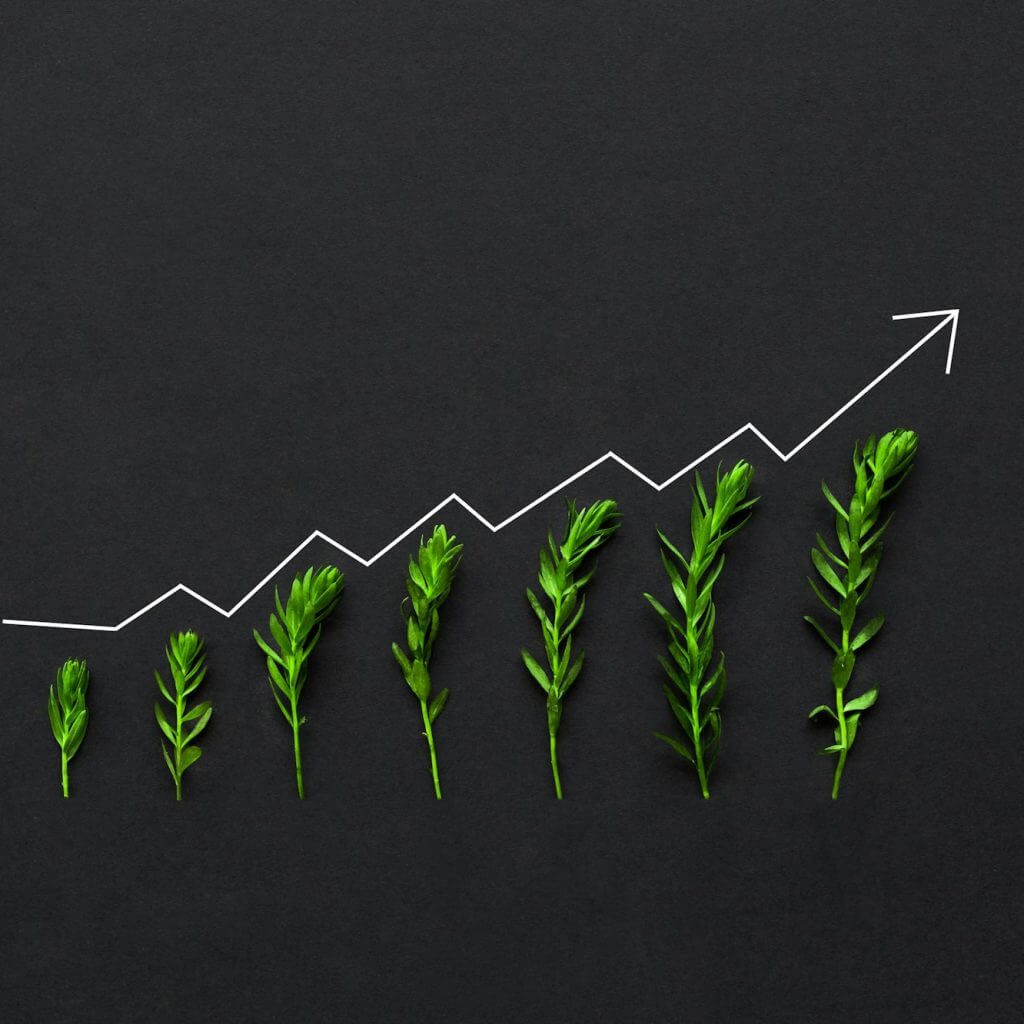
Find out if Equipment Finance is right for you
At Business Finance, we make equipment finance simple and stress-free. No more worrying about finding the right ideal — we do all the hard work for you. Our team is here to secure the best finance option that suits your business needs.
If you liked this guide to how to finance farming equipment in the UK, and you now want to know how much you could borrow and what your monthly repayments might be?
No problem, get in touch with our friendly team today, and we’ll be happy to help.
Meet the Team Behind Business Finance

As you can see here at V4B Business Finance, we passionately believe finance is personal. That is why we do not just offer you financial products – we offer you our people. Real experts, who understand real businesses.
We are also authorised and regulated by the Financial Conduct Authority, giving UK businesses that peace of mind and helps farms like yours choose a finance company they can trust.
Especially when you then combine it with what tends to be a fast approval process and expert guidance, our finance specialists just make it easy to apply.
So, as you can see when you work with us, you are not just applying for finance – you are gaining a knowledgeable partner who is with you every step of the way.
Ready to explore your finance offer? Just give us a call or find our contact details below.
Trusted Finance Lenders at Your Fingertips
We work closely with some of the UK’s top asset finance lenders, making sure you’ve got the right options for your budget and goals.
Some of our finance lenders include, for instance:


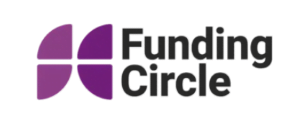
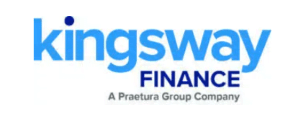

Related Equipment Finance News
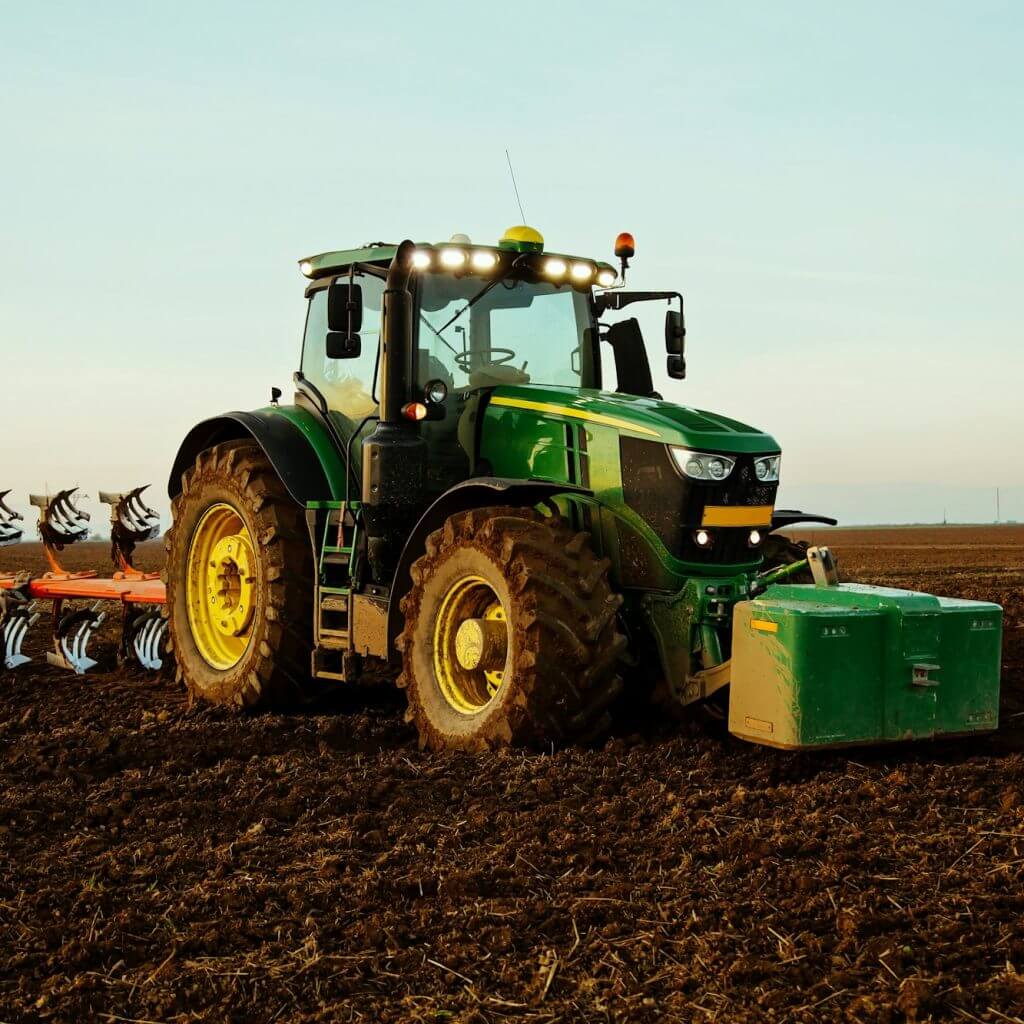
As we all know, in today’s fast-paced business world, having the right tools and equipment really is more than crucial. So you have heard of this type of finance, but, what is Asset Finance...
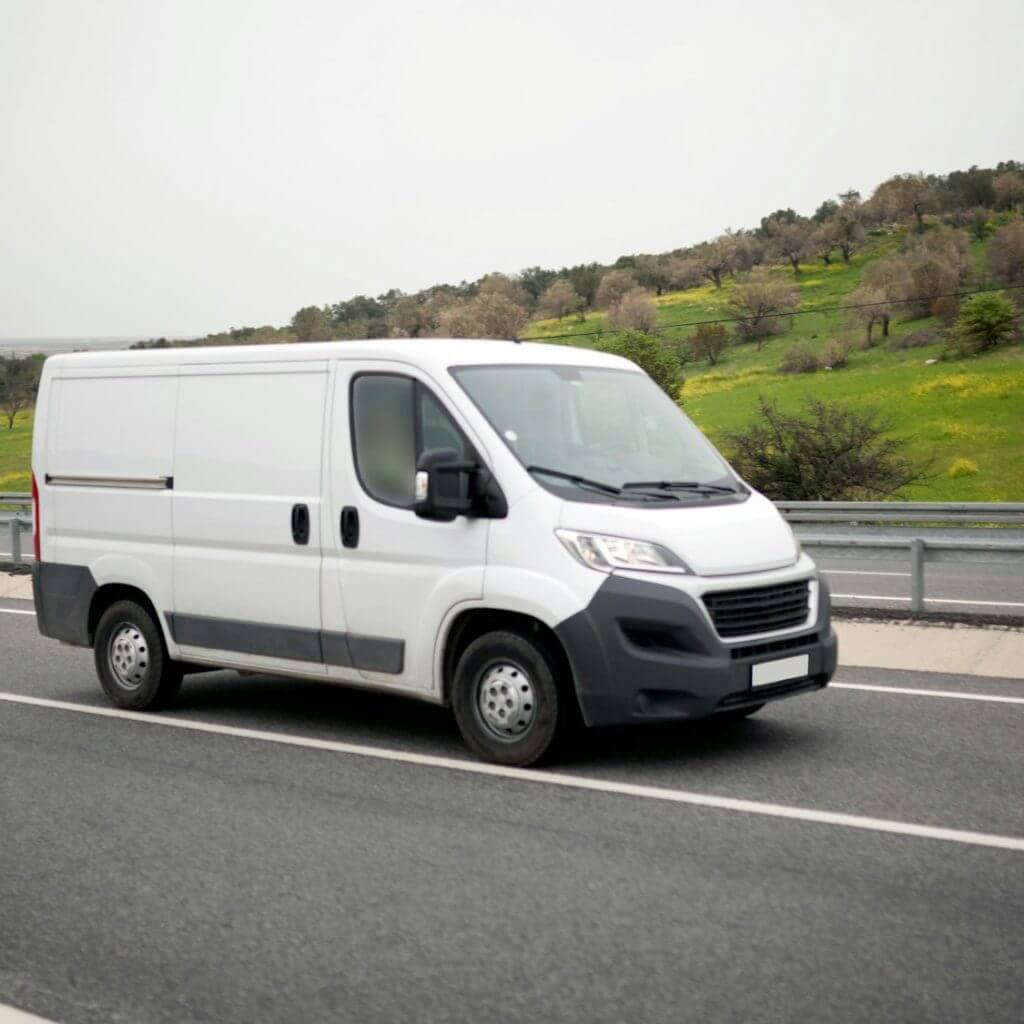
Here at V4B Business Finance, we take pride in supporting businesses of all shapes and...

When you are running a business – whether you are a Sole Trader, limited company, or just setting up shop – getting your hands on the right tools, vehicles, or business assets can be pricey, and we understand this. That is where asset financing comes in...
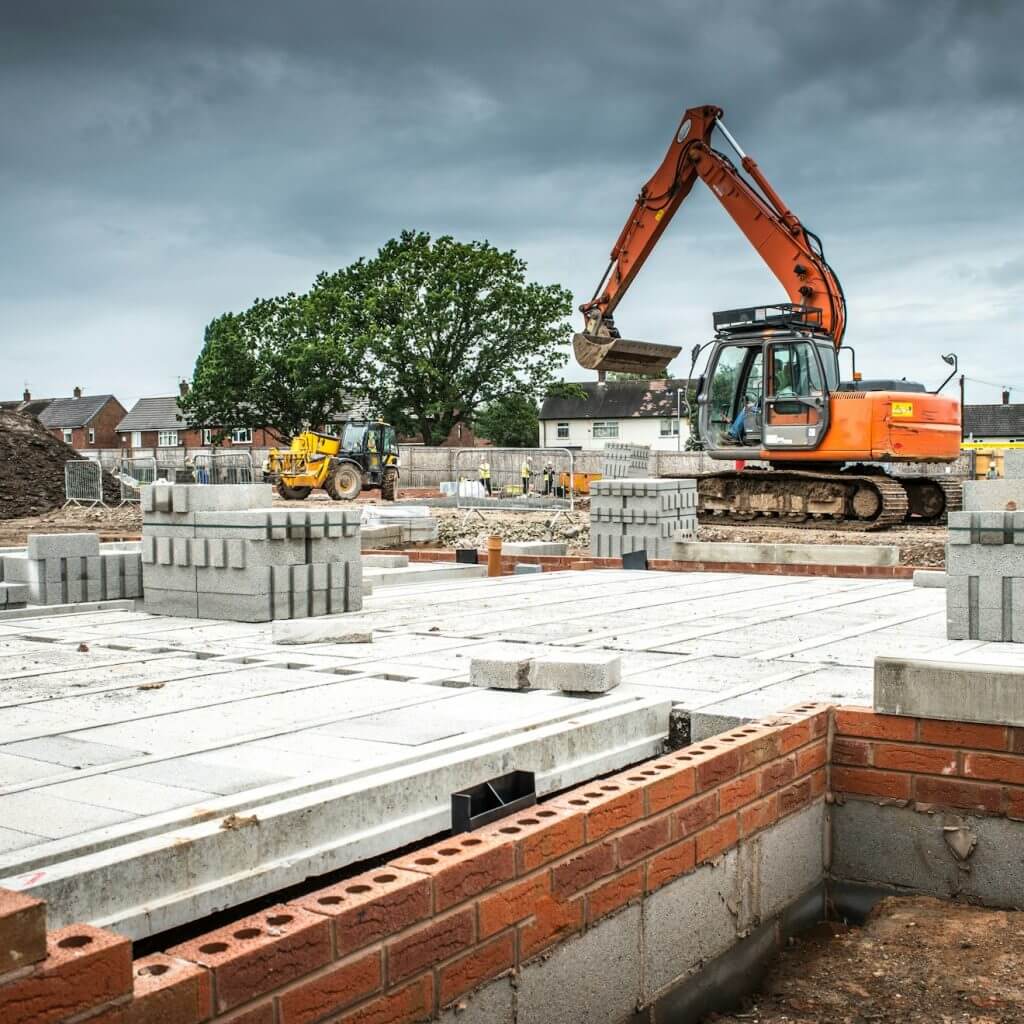
When it comes to funding large projects or buying big-ticket equipment, businesses often need to look beyond their own pockets. That is where finance options like asset finance and project finance come into their own....

When it comes to funding a business, there really is no one-size-fits-all approach, and every business has different needs as well as faces different challenges. As a result, two popular finance options that often get mixed up are Asset Finance...
